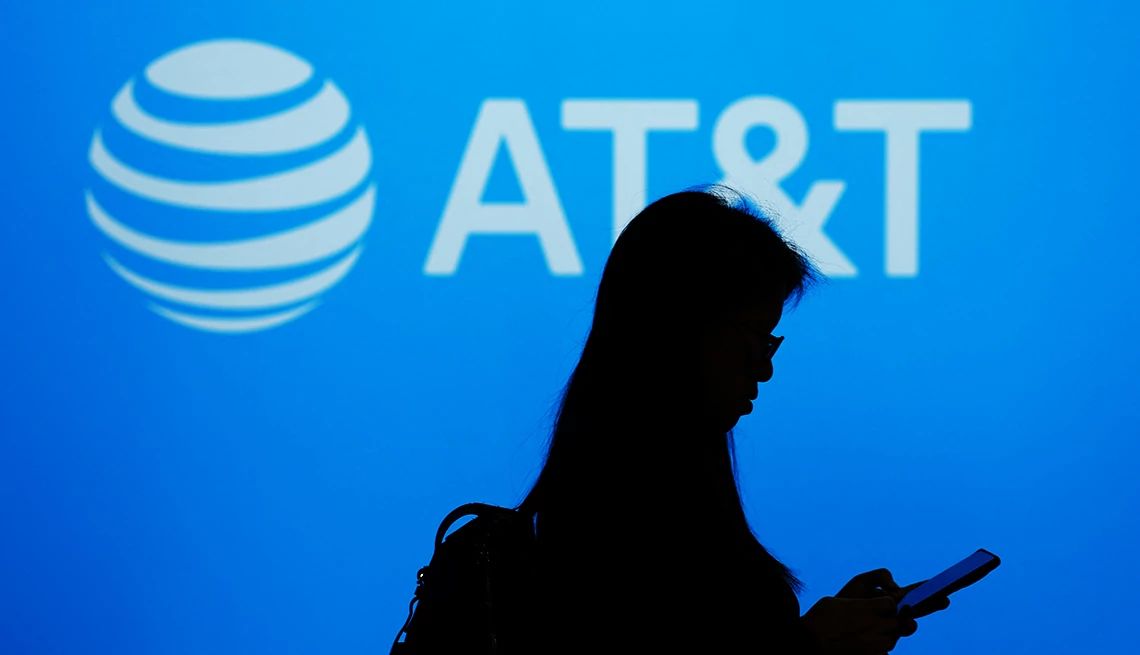AARP Hearing Center


In this story
A fresh attack • Previous March breach • AT&T’s actions • What you can do • Other companies, too
AT&T’s disclosure Friday of a cyberattack on its cellphone customers’ records is the second major incident involving the nation's second-largest wireless company in about three months.
Phone and text records from “nearly all” of AT&T’s cellular customers during a six-month stretch in 2022 were hacked. The stolen haul identified other phone numbers, including landlines, that an AT&T wireless number interacted with between May 1, 2022, and Oct. 31, 2022, as well as on Jan. 2, 2023.
In this latest attack, customer data was illegally downloaded on a “third-party cloud platform,” AT&T said. In a subset of the stolen records, one or more cell site ID numbers associated with the interactions were also included.
The leaked data does not appear to be publicly available, the telecommunications titan indicated. And the contents of any calls or texts or the time stamps of such communications are not part of the breach.
Previous breach revealed in March
At least one person has been apprehended, and AT&T said it would notify current and former account holders
At the end of March, AT&T disclosed a massive data breach in which a data set of Social Security numbers, birth dates, AT&T account numbers and passcodes, email addresses and other sensitive personal information was discovered on the “dark web” two weeks prior. The dark web is a space where content is intentionally concealed and criminals can anonymously buy and sell illegal goods and private information.
Hacked data from the previous incident appeared to be from 2019 or earlier. It affected about 7.6 million current AT&T account holders and 65.4 million former customers.
What AT&T is doing to tackle the problem
AT&T claims the security hole in this latest episode has been plugged. You can sign into your account to get the phone numbers of your calls and texts during the affected period.
After the earlier incident was revealed, AT&T informed customers that if your smartphone wants you to reset your passcode, typically four to six numerals that are a personal identification number, that’s because the company has reason to believe your information was compromised. At the time, AT&T pushed a reset to current users’ passcodes.
It also offered affected customers complimentary credit monitoring and identity theft services.



































































More From AARP
Why Aren’t You Using a Password Manager?
Your first line of defense against cybercriminals
Bye-Bye, Passwords? Why Passkeys Can Be the New Way to Log Into Apps, Sites
Companies look for high-tech ways to block criminals from our private information
Data Breach Exposes Data on 600,000-plus Medicare Beneficiaries
Cyberhack goes well beyond Medicare
Recommended for You